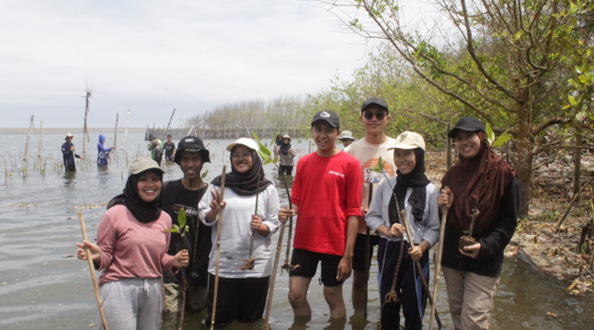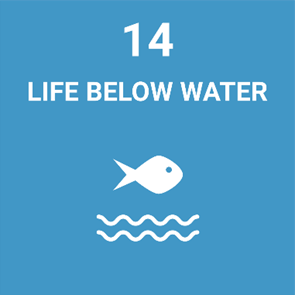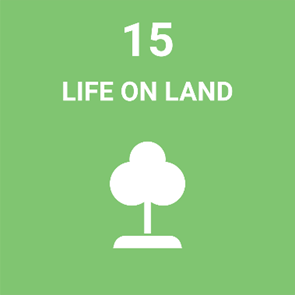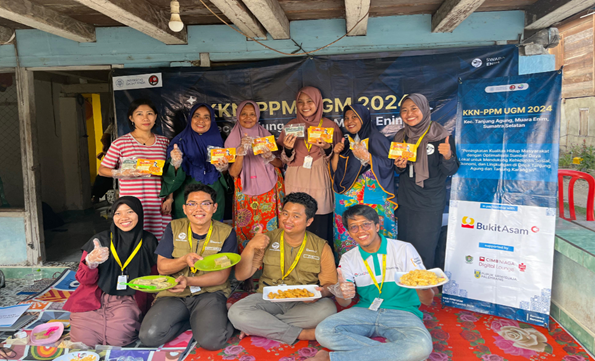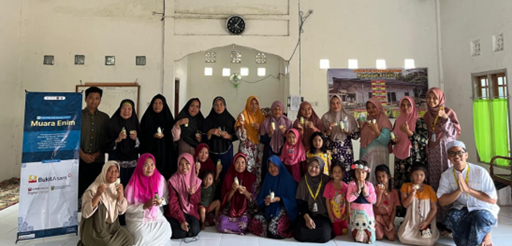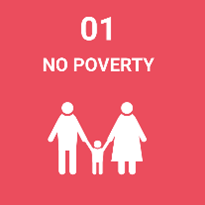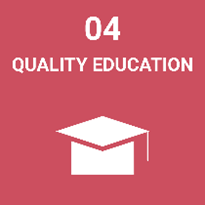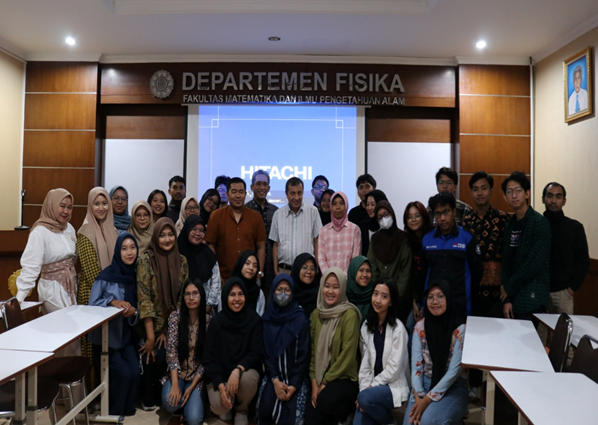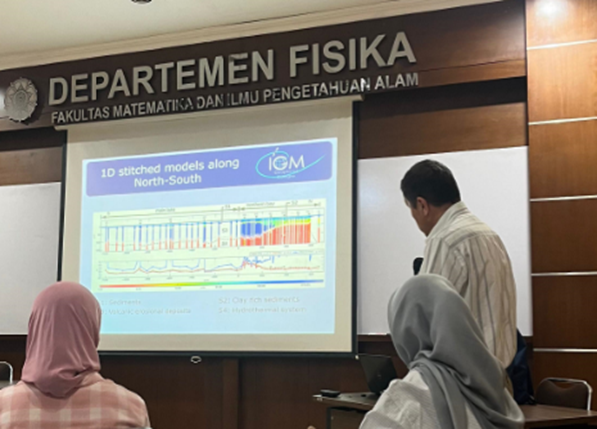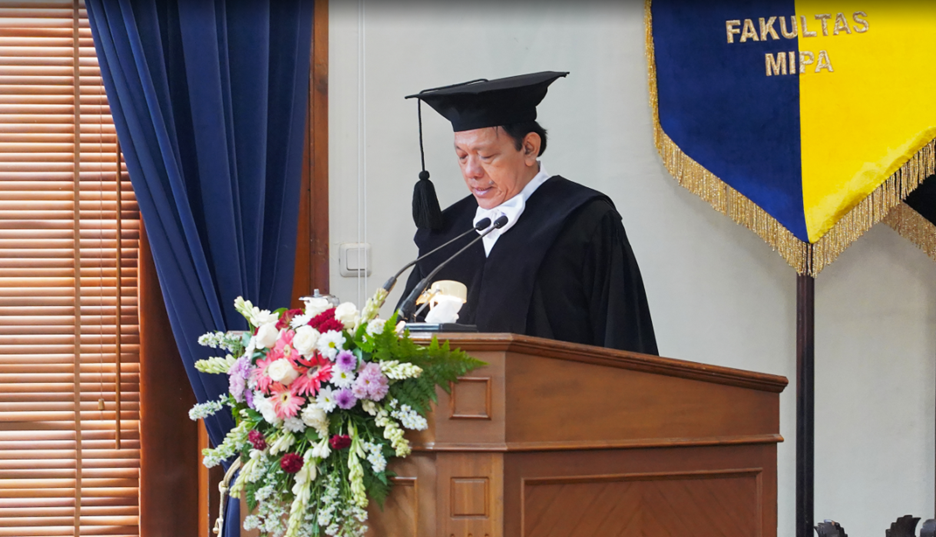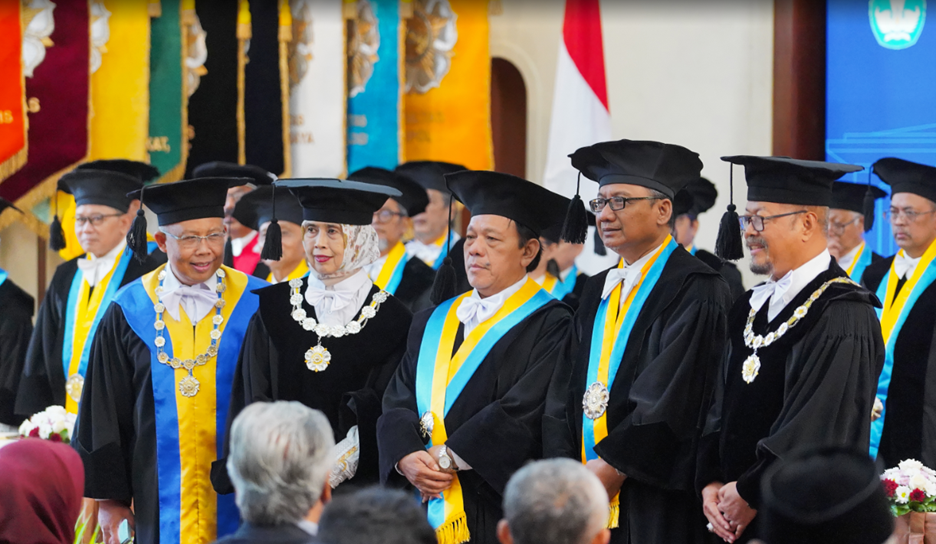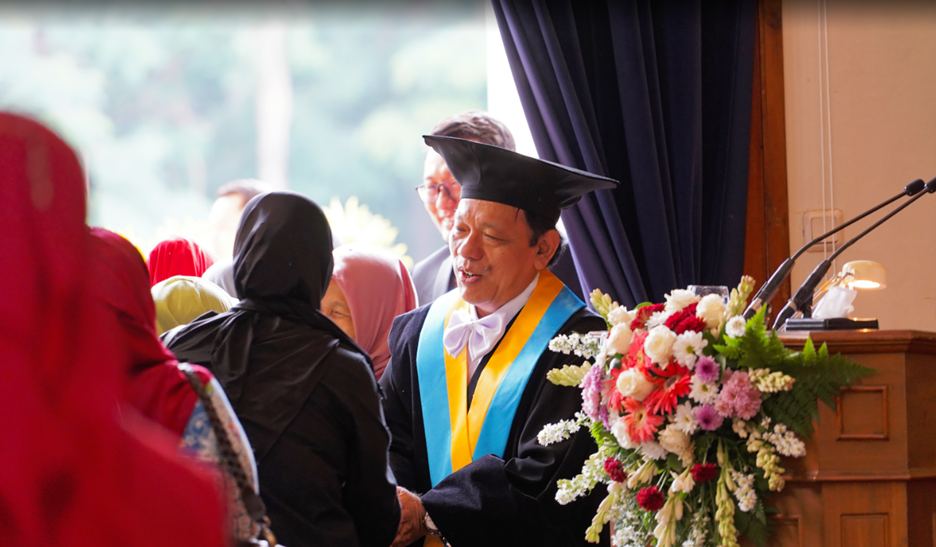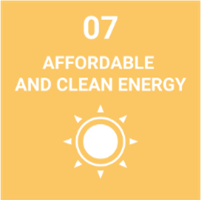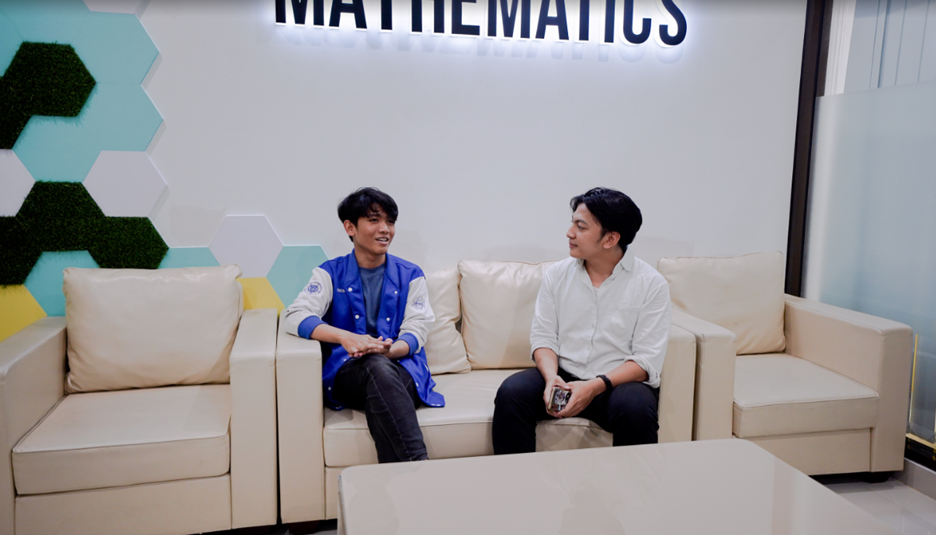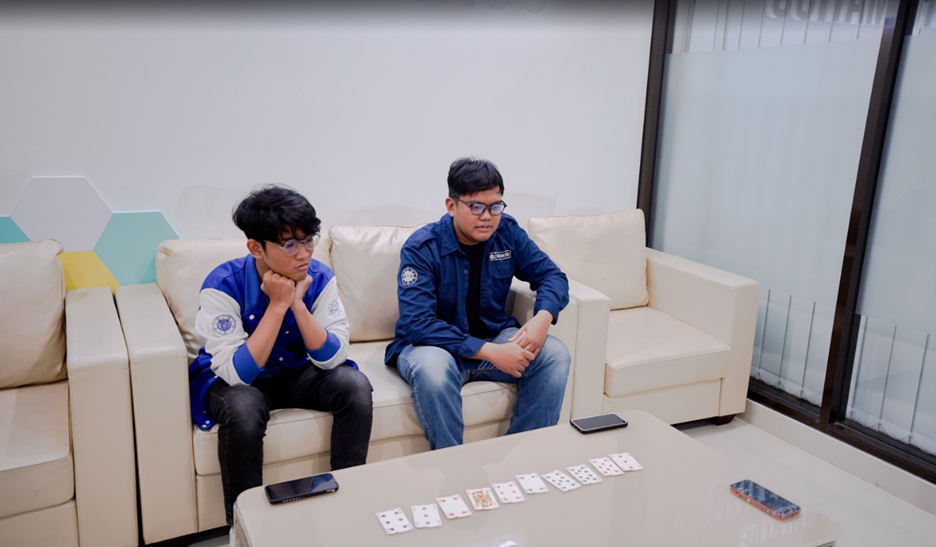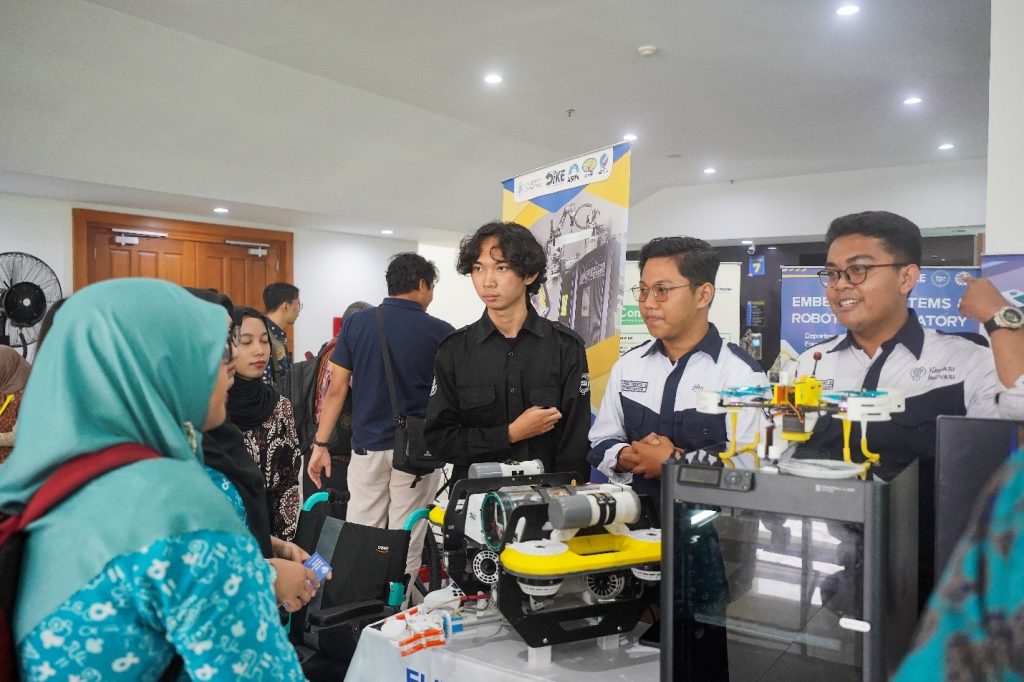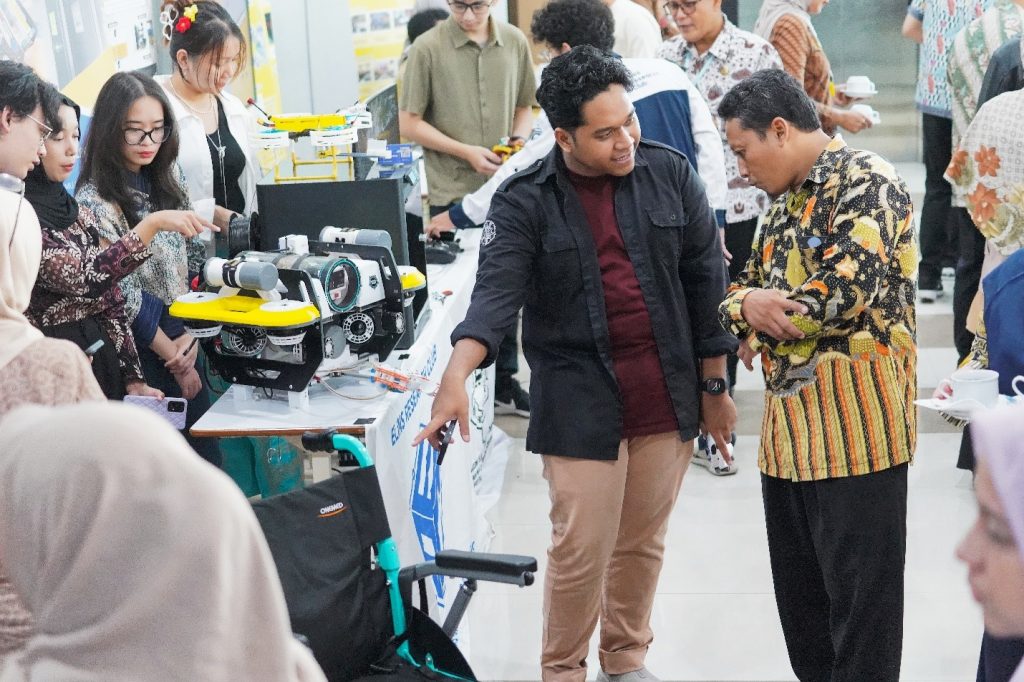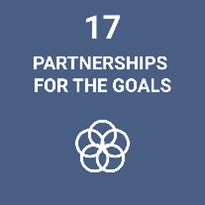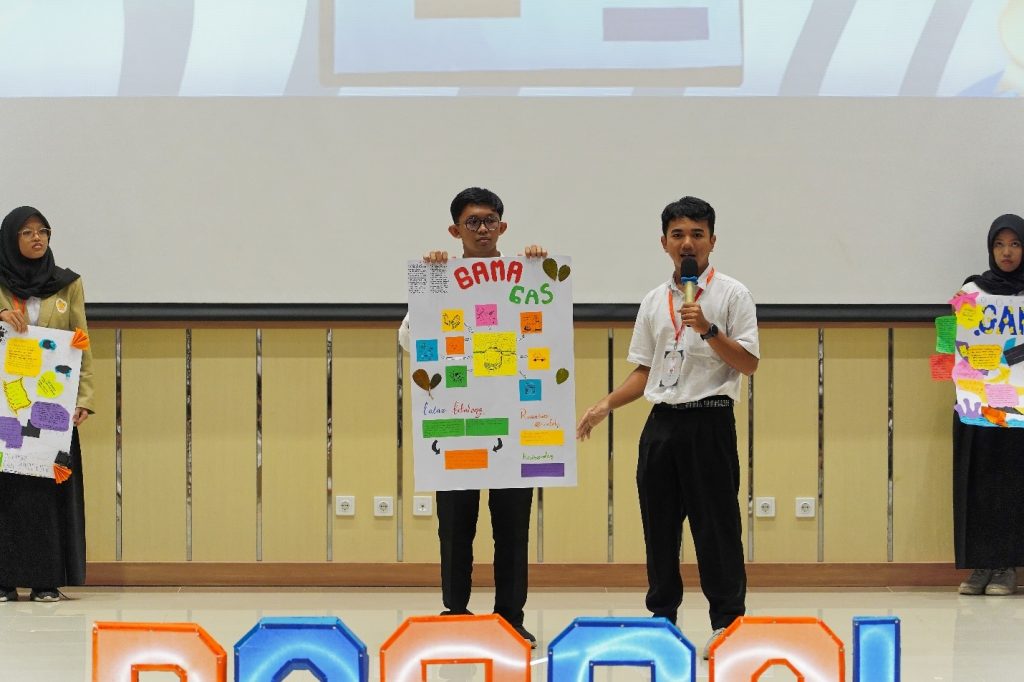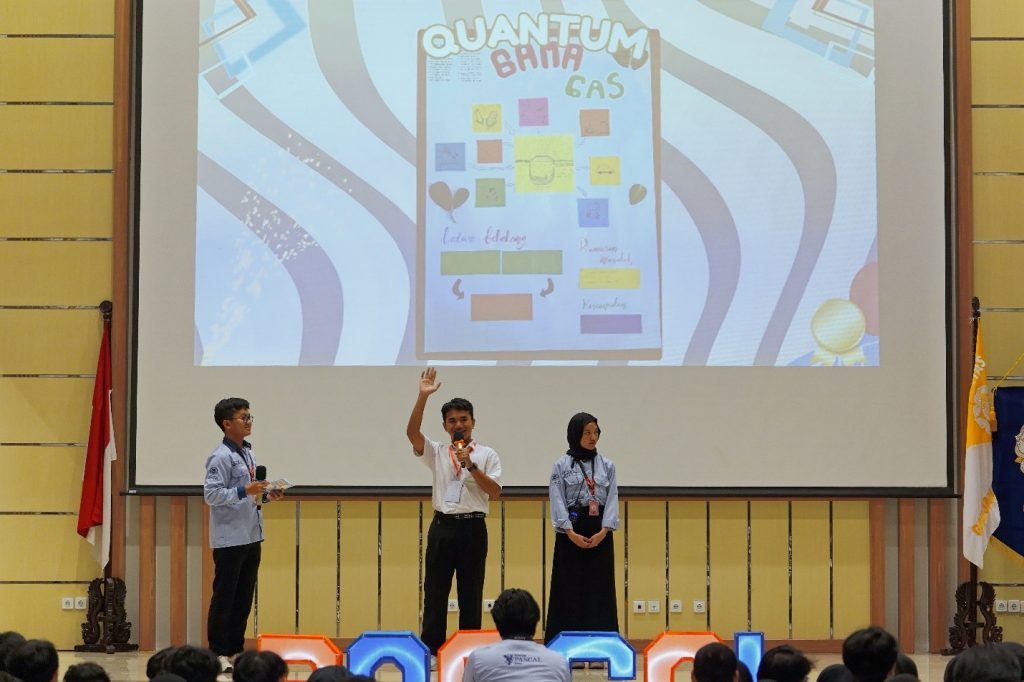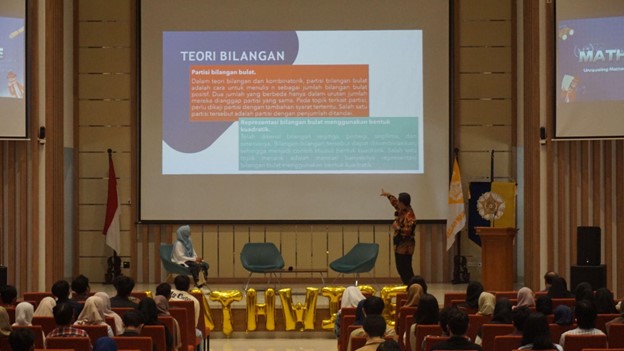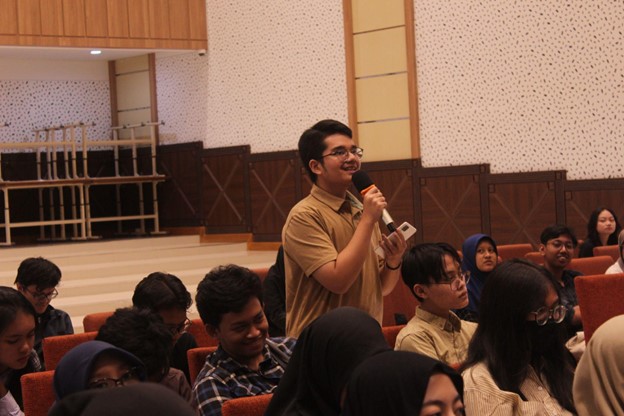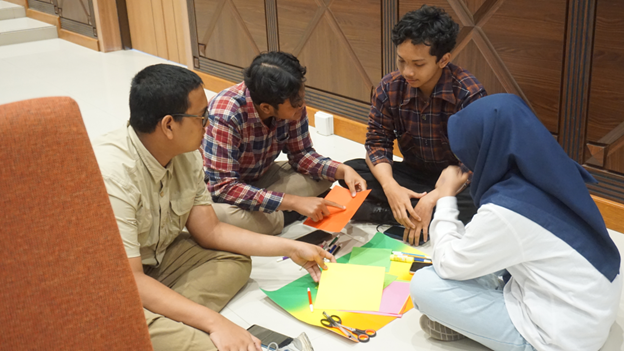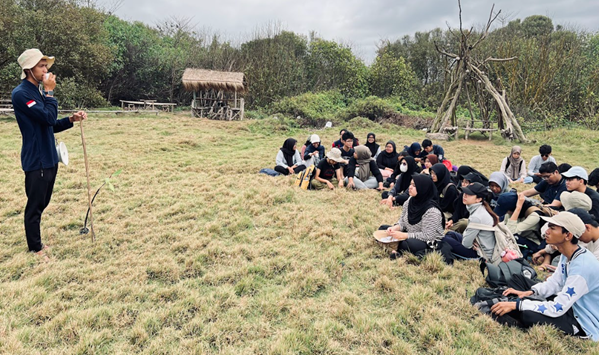
Mahasiswa FMIPA Dorong Pengembangan Kota Berkelanjutan dengan Penanaman Mangrove di Pantai Baros
Kembali meriahkan acara perlombaan berbasis geoscience setelah 3 tahun tidak aktif, Geoscope acara yang dikembangkan oleh HMGF UGM dan SEG UGM SC kembali meramaikan kegiatannya dengan rangkaian acara preventif yang penuh makna. Pada Minggu tanggal 1 September 2024, Geoscope dibuka dengan penanaman mangrove di Pantai Baros. Para mahasiswa secara aktif terlibat dalam kegiatan ini, yang bertujuan melestarikan alam secara alami dan berkelanjutan.
“Tahun ini geoscope mengambil tema Integrated Geoscientist Solutions for Sustainable Urban Development, bercermin ke IKN dan pembangunan kota yang kurang sadar pada lingkungan. Tentunya sebagai geoscientist yang berhubungan langsung dengan bumi ingin mengurangi dampak negatif itu,” papar Nazwa Septhia, selaku ketua pelaksana Geoscope 2024.
Dengan mengambil bagian dalam aksi nyata pelestarian lingkungan, menunjukkan komitmen terhadap kelestarian lingkungan dalam konteks perkembangan teknologi dan urbanisasi yang pesat. Penanaman mangrove ini memiliki peran vital dalam menjaga kelestarian Pantai Baros dari ancaman abrasi.
Acara penanaman mangrove ini tidak hanya berfokus pada aksi tanam saja, tetapi juga melibatkan materi edukatif terkait jenis-jenis mangrove dan tutorial menanam. Peserta diajak untuk memahami pentingnya setiap jenis mangrove dalam menjaga ekosistem pesisir.
“Harapannya, sebagai seorang geoscientist tak hanya berfokus pada eksplorasi atau eksploitasi oil and gas tetapi juga sustainable development sehingga melalui kegiatan ini dapat meningkatkan kesadaran akan pentingnya menjaga keseimbangan antara kemajuan teknologi dengan pelestarian lingkungan,” papar Nazwa Septhia.
Pantai Baros terletak di muara laguna di bagian Selatan. Penanaman mangrove menjadi langkah preventif untuk melindungi kawasan ini dari erosi pantai yang bisa berdampak buruk bagi lingkungan sekitar. Kegiatan ini turut mengimplementasikan SDGs poin 11 yaitu kota dan permukiman yang berkelanjutan dengan penanaman mangrove mencegah bencana abrasi di sekitar pantai, SDGs poin 14 yaitu ekosistem pesisir, dan SDGs poin 15 yaitu ekosistem dan perlindungan lingkungan.
Penulis: Ratih Cintia Sari
Dokumentasi: Panitia Geoscope
Editor: Febriska Noor Fitriana
